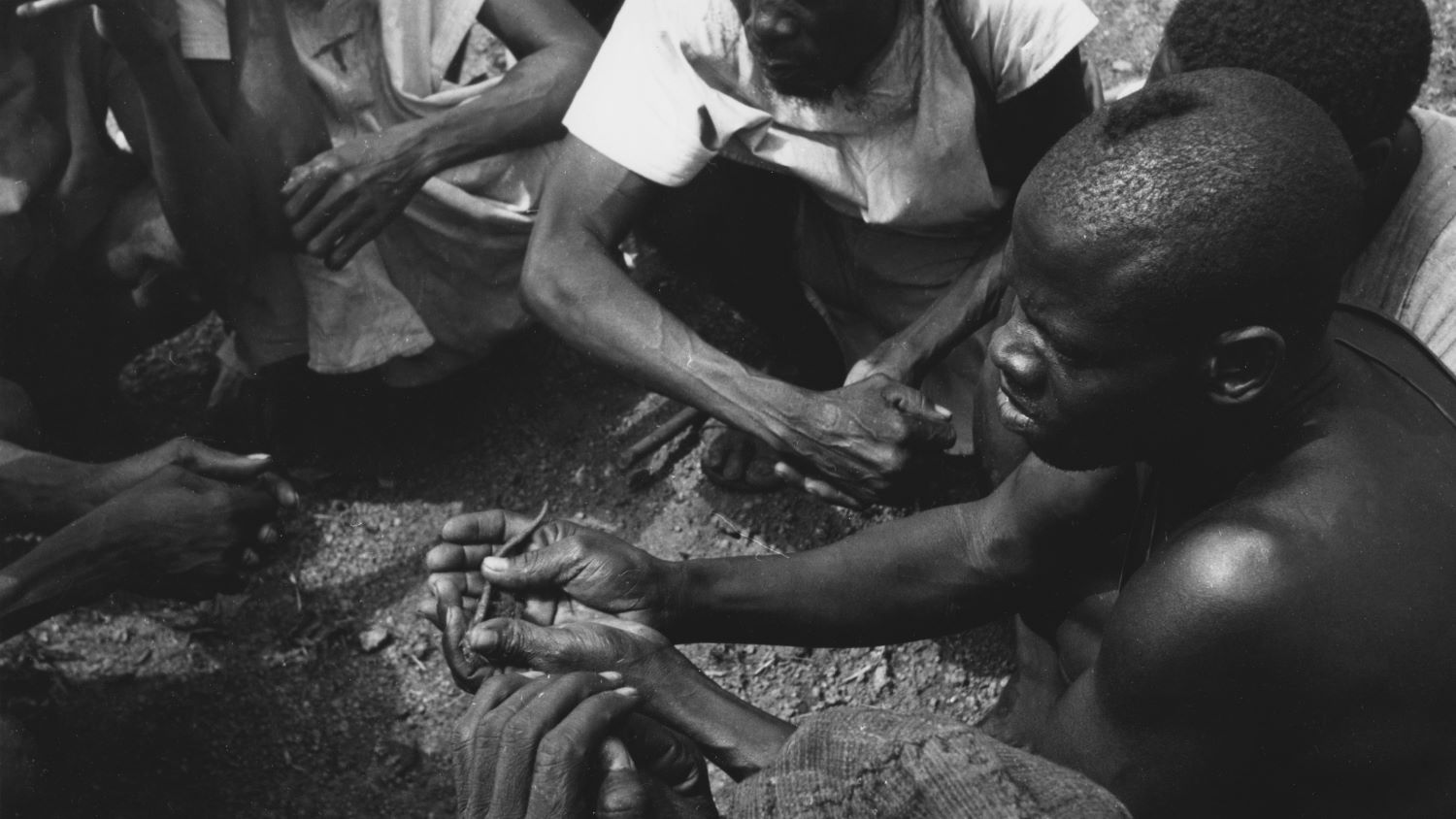The author of this book – Gérald Berthoud – is an Emeritus Professor of Sociology at the University of Lausanne, and he carried out this research from 1965 to 1987.
The Aten of Ganawuri are a small ethnic group, one of a number of what colonial administrators classified as “pagan tribes” in the complex ethnic and linguistic patchwork of Plateau State, Nigeria. The book is an anthropological and sociological study of the Aten people as they were in that period, but a historical perspective is provided by the inclusion of colonial material (pre-1960) and reflections on the way the traditions he describes have weakened or disappeared in more recent times.
The Aten, only approximately 6,000 in number, were established around 50 kilometres South West of the city of Jos. Their language, iten, is one of the “Benue-Congo” group of Bantu languages. The oral records of their earlier history are unclear, but like other neighbours, they were threatened by attacks by slave-owning Fulani emirates from which they sheltered in the rocky mountains, at Dagarang, most of them moving later to a more fertile area. The “white man” arrived on the scene around 1900 and the book quotes from colonial reports, finding the Aten to be primitive, pagan, warlike and at times cannibalistic. The colonial officials encouraged them to develop a more centralised political structure, pay tax, convert to Christianity and send their children to boarding schools.
The book then describes in detail the religious traditions of kinship, lineages, and the extremely complicated rituals for marriage and initiation. Heroes, “big men,” were of great significance and obtained their status by hunting for (in order of importance) leopards, the heads of enemies, dwarf buffaloes, warthogs, otters and horses taken from the enemy. Women had a definitely inferior role in society. Much tradition centred around the cultivation of the staple crop, fonio, ”the rice of the hungry,” which was drought-resistant and needed no fertilizer or pesticide, though rice was also cultivated as an irrigated cash crop.
During the period of Berthoud’s research, traditions began to weaken: there were no more animals to hunt; pottery and basketry declined, there was less mutual aid while young people influenced by Christianity and schooling turned away from tradition. The survival of the iten language was threatened, as most people could speak Hausa and English. In more recent years, security has become a serious problem, mainly as a result of conflict between Muslims and Christians in the wider Plateau State.
This book is a useful addition to the historical and cultural record of a small Nigerian community.





